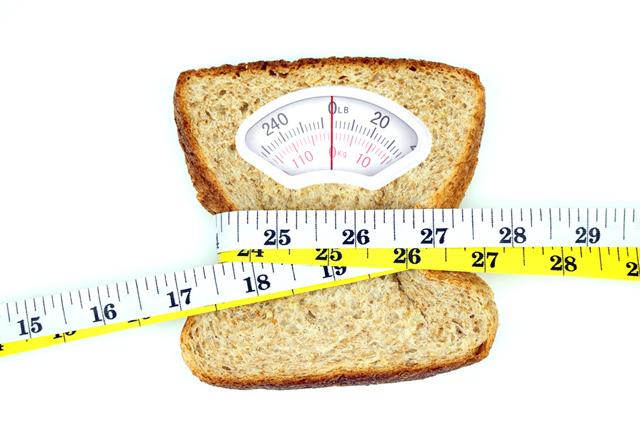You are here
Intuitive eating: Finding Your food freedom
By Tara Ensour , Family Flavours - Mar 03,2024 - Last updated at Mar 03,2024

photo courtusy of Family Flavours magazine
By Tara Ensour,
Nutritionist
As social media and the world around us is now saturated with strict views on eating, it is
understandable if you find it challenging to have a healthy relationship with food.
Intuitive eating involves listening to your body’s needs and growing a connection to it physically, mentally and emotionally. It embodies rational thought and instinct.
The diet culture
Rules around food are now increasing more than ever and it can be difficult to know who and what to listen to. With so many of our feelings around food influenced by diet culture, it can be easy to forget which foods we like or dislike.
Rather than stopping yourself from eating a cookie because you’d feel like it would prevent you from obtaining the “ideal” body image, intuitive eating allows you to enjoy the cookie and move on with your day.
It helps you face your fear of foods. It teaches you how to trust your body and hunger cues and eat guilt-free while still meeting your body’s nutritional needs.
Finding your food freedom
Studies indicate that dieting never works. The cycle of restricting and calorie counting almost always leads to deeper problems. Diets always fail and often bring disordered eating to life.
A brain so obsessed with food will constantly be thinking about things like calories, workouts and how to obtain the next healthy meal.
With intuitive eating, you give yourself more time to focus on things like family, work, relationships and the opportunity to connect with your hobbies and passions again.
This framework helps you find your food freedom.
A few tips for intuitive eating:
1. Remember that food is not the enemy Make peace with your food. A food is neither “bad” nor “good”. Instead of restricting entire food groups, have all the food you like in moderation.
2. Eat when hungry, stop when full A lot of us fight our hunger and fullness cues. Instead, practice being in tune with what your body is telling you and honour any cravings.
3. Don’t stop moving Move because it makes you feel good, not because you must. Rather than focussing on how many calories your workout burns, or whether you reached 10,000 steps today, move your body because you like how you feel afterwards.
4. Change your goals Instead of having goals that focus on weight loss and body image, rephrase your goals to focus on things like feeling comfortable in your own skin, at any size.
5. Ditch diet culture To eat intuitively, you’ll need to try and fight everything your mind tells you about food rules and dieting.
While this is easier said than done, it is still attainable with practice Intuitive eating can be a viable approach to achieving a healthy relationship with food. It promotes selfcompassion, encourages nourishing your body and helps you stay away from restrictive and often harmful diets.
If this concept sounds appealing to you, I recommend you consider incorporating its principles in your daily life and work closely with a nutritionist to reach a more fulfilling and balanced approach to food.
Reprinted with permission from Family Flavours magazine
Related Articles
By Michelle WashingtonA plant-based diet may have seemed extreme years ago, but today it’s all the rage — and for good reason.
Your gut will thank you if you start to feed yourself with the right foods to promote the right kind of gut bacteria.Eating fruits and veget
In a study of overweight people maintaining weight loss, those on a low-carbohydrate diet burned about 250 more calories per day than those


















